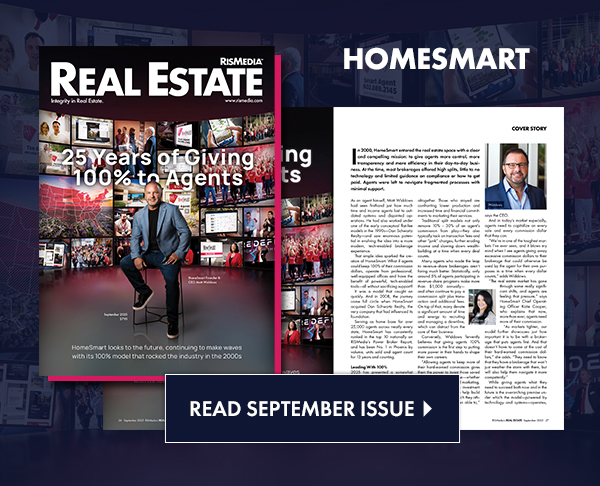 (MCT)—A home mortgage refinance may sound like a good idea in theory, but it’s not always possible or desirable.
(MCT)—A home mortgage refinance may sound like a good idea in theory, but it’s not always possible or desirable.
For starters, lenders have tightened up the approval process, making it more difficult to get a loan.
“Homeowners today need to be triathletes to qualify for a loan, with great income, great credit and great value in their home,” says Anthony Hsieh, founder and CEO of LoanDepot.com, headquartered in California.
In addition, a refinance may not make sense financially, particularly for borrowers who plan to sell their homes in the next few years.
Before taking the leap and opting to refinance, homeowners should ask themselves the following six questions.
Do I have equity in my home? Homeowners need to have at least 20 percent equity in their home to qualify for a new loan without paying private mortgage insurance. Adding PMI to the cost of a new loan could negate the benefit of a refinance.
Today, many homeowners are underwater—meaning they owe more on their mortgages than the house is worth. However, being underwater or having little equity does not necessarily rule out a refi.
“Homeowners should still apply for a refinance even if they have low equity, because there are some Fannie Mae and Freddie Mac programs and FHA loans that may accept them,” Hsieh says. “The best way to find out if you fit into a program is to go to a lender.”
Roy Meshel, district vice president for W.J. Bradley Mortgage in Phoenix, recommends homeowners refinance quickly in case the housing slump deepens, causing values to depreciate even more.
Patrick Cunningham, vice president of Home Savings & Trust Mortgage based in Fairfax, Va., recommends an increasingly popular approach—the so-called “cash-in” refinance.
“Some people are opting to bring cash to the settlement in order to pay down their loan balance to qualify for a refinance,” he says.
Do I have good enough credit? Borrowers’ credit scores play a big role in securing a good mortgage rate. In fact, you’ll need a good credit score to qualify for any type of mortgage at all.
Mortgage rates operate on a sliding scale, with the lowest rates going to applicants with the highest credit scores of 720 or higher.
Borrowers with scores below 620 will have trouble qualifying for a mortgage at any rate.
What are my financial goals? Many homeowners refinance to lower their monthly payments. A mortgage calculator can give borrowers a sense of what their new payment would be after a refi.
Others choose a shorter-term loan with higher monthly payments so they can reduce overall interest payments and own their homes faster.
“Some people are restructuring their loans to a 20-, 15- or 10-year mortgage, which works well for people with plenty of disposable income,” Cunningham says. “But I worry that people are too focused on paying off their mortgage and not integrating this decision with their overall financial plan.”










